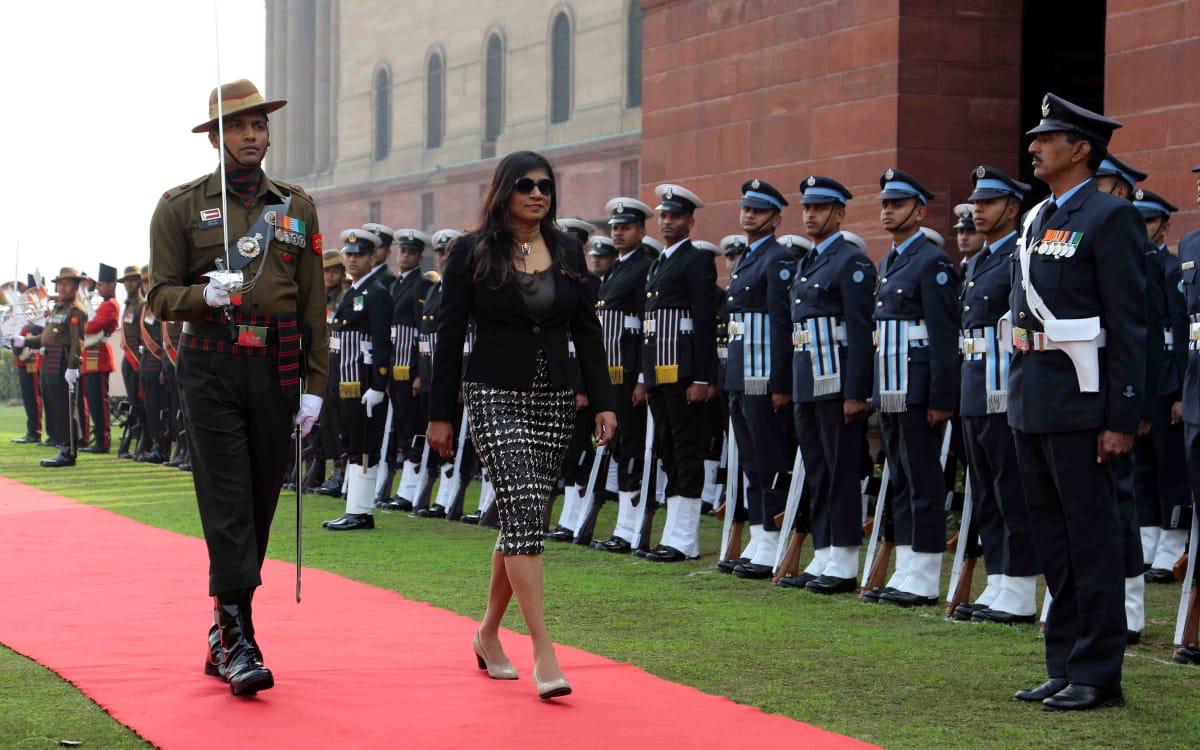Opposition moves no-confidence motion against defence minister
Mariya Ahmed Didi came under fire for saying India could have occupied the Maldives.

26 Feb 2019, 09:00
Opposition lawmakers on Monday submitted a motion of no-confidence against Defence Minister Mariya Ahmed Didi over controversial comments made during an interview with an Indian newspaper.
The motion was filed after failed attempts to summon her to the parliament’s security services oversight committee, MP Ahmed Nihan told the press.
The opposition hopes the vote will take place after the constitutionally-mandated 14-day notice period, the Progressive Party of Maldives parliamentary group leader added.
Leaders of the four-party ruling coalition, which controls a majority in the People’s Majlis, have vowed to defeat the motion. However, the unity of the joint parliamentary group has been called into question over the failure to pass key pieces of government-sponsored legislation.
Become a member
Get full access to our archive and personalise your experience.
Already a member?
Discussion
No comments yet. Be the first to share your thoughts!
No comments yet. Be the first to join the conversation!
Join the Conversation
Sign in to share your thoughts under an alias and take part in the discussion. Independent journalism thrives on open, respectful debate — your voice matters.




